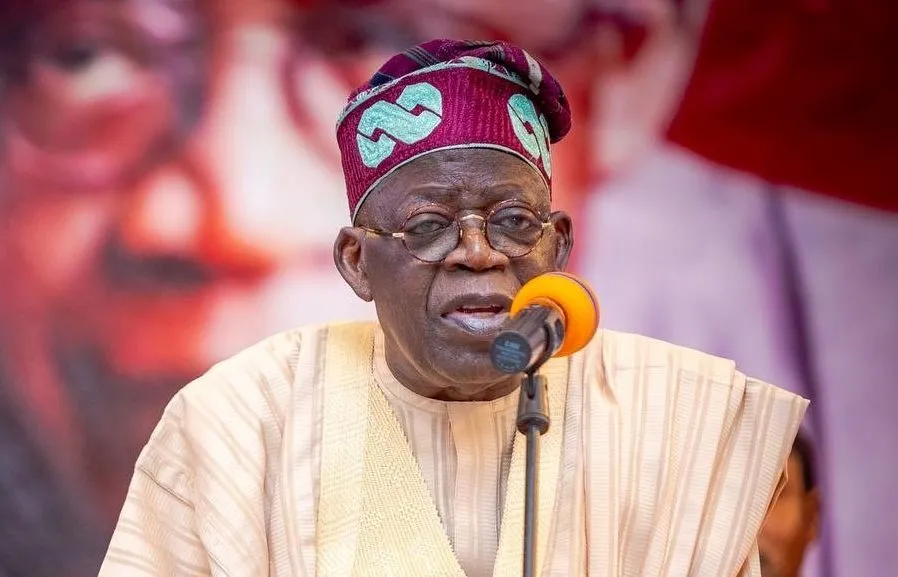President Tinubu Hails Economic Reforms, Assures Stability

President Bola Tinubu has said his administration’s economic reforms are yielding positive results, stabilising the nation’s economy and restoring global confidence in Nigeria.
The President made the remarks on Tuesday when he received the Soun of Ogbomosoland, Oba Ghandi Olaoye, Orumogege III, and other traditional rulers from Ogbomoso at the State House, Abuja.
According to a statement by his Special Adviser on Information and Strategy, Bayo Onanuga, Tinubu explained that the reforms were necessary to address years of neglect, revenue losses, corruption, and challenges posed by currency arbitrage. He maintained that the decisive actions taken since assuming office have curbed the country’s financial haemorrhage and placed the economy on the path of recovery.
He highlighted initiatives such as the establishment of the Nigerian Education Loan Fund (NELFUND) to prevent students from dropping out due to poverty, alongside ongoing infrastructure projects aimed at boosting development across the country.
The President assured the monarch that requests presented during the visit—covering power, water supply, agriculture, healthcare, and road infrastructure—would be taken up with relevant ministers.
The Soun of Ogbomosoland commended the President for his bold policy decisions, including the removal of fuel subsidy, foreign exchange reforms, and the creation of NELFUND, noting that these measures were already producing tangible benefits. He also applauded the Federal Government’s approval of the Oyo-Ogbomoso Road dualisation project, describing it as a critical infrastructure that would stimulate economic activities in the region.
The monarch further sought federal intervention in upgrading the General Hospital in Ogbomoso to a Federal Medical Centre and the establishment of a research institute to support agricultural processing, particularly in mango and cashew production.
The delegation to the State House included five other traditional rulers representing the councils in Ogbomosoland, alongside prominent indigenes and chiefs.







